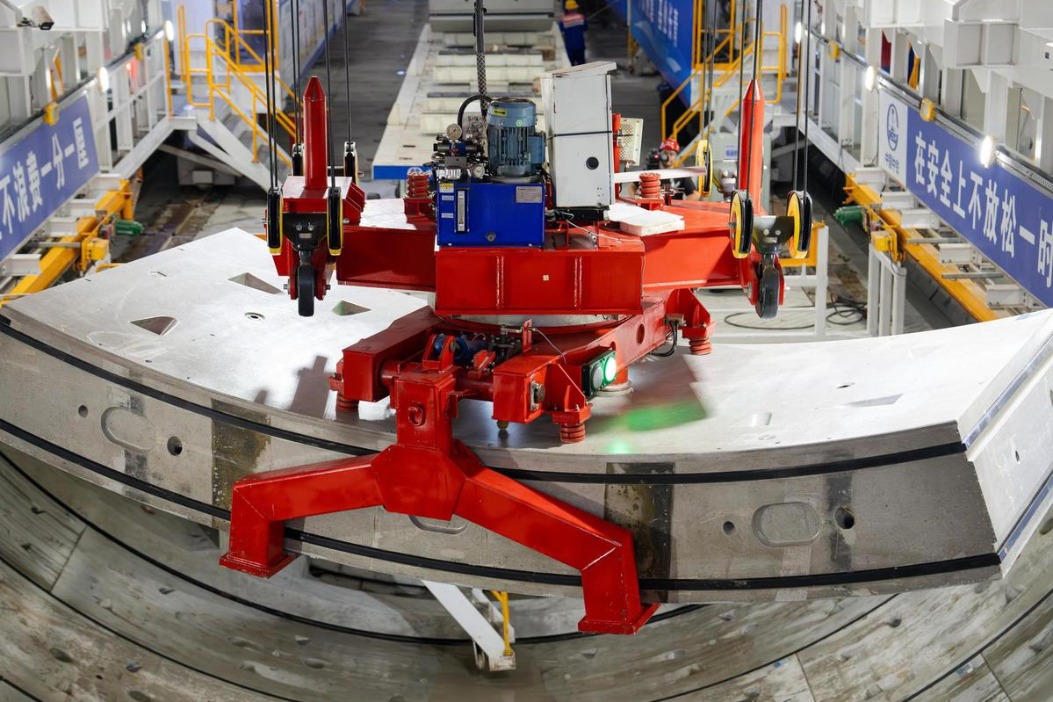Items for retaliatory strike to be disclosed

China will release at an "appropriate" time the list of products imported from the United States on which it will impose reciprocal tariffs in response to Washington's decision to impose restrictive tariffs on imports of steel and aluminum products, the Ministry of Commerce said on Thursday.
Earlier this month, China published a list of $3 billion worth US products, including wine and pork, on which to raise tariffs in response to the US Section 232 filing to impose tariffs on its steel and aluminum imports from a number of countries, including China, for national security reasons.
The public comment soliciting period for that list comes to an end on Saturday.
"China will take necessary measures and resolutely defend its legitimate rights and interests," said Gao Feng, spokesman for the Ministry of Commerce. "We urge the United States not to take any measures to damage the economic and trade relations between the two countries."
Regarding any escalation of trade friction between China and the US, Gao said the country's stance has been very clear: China has no intention of being involved in a trade war, as it has been busy developing its role in global partnerships and businesses, but the country is not afraid to fight in a trade war if it is forced into one.
China's foreign trade volume exceeded $4.1 trillion in 2017 and Sino-US trade of goods passed $580 billion, accounting for 14.1 percent of the country's trade, Commerce Ministry data show.
As a trade war generates no winners, US Trade Representative Robert Lighthizer expressed hope on Wednesday for the US and China to find a way to ease the current tensions caused by the recently announced tariffs.
US President Donald Trump signed a memorandum on March 22 to impose tariffs on up to $60 billion in imports from China a year, citing Section 301 of the Trade Act of 1974 for an investigation of China's intellectual property practices.
China has long called on the US to resolve bilateral trade issues through negotiations and vowed to defend its own legitimate interests. Both sides have indicated the willingness for negotiations.
"As the US government may come with new strategies or may reinitiate the talks, China needs to be prepared with both soft and hard responses," said Zhang Monan, a researcher with the China Center for International Economic Exchanges.
To ease the tension, Zhang said both sides must make use of economic dialogue and other high-level negotiation channels to pragmatically initiate discussions via broadening common ground and achieve substantial results.
"However, China must prepare measures to counter the US, expressing the will to engage in a trade war if necessary so as to deter the US from actually starting one," she said.
Ren Xiaojin contributed to this story.




































